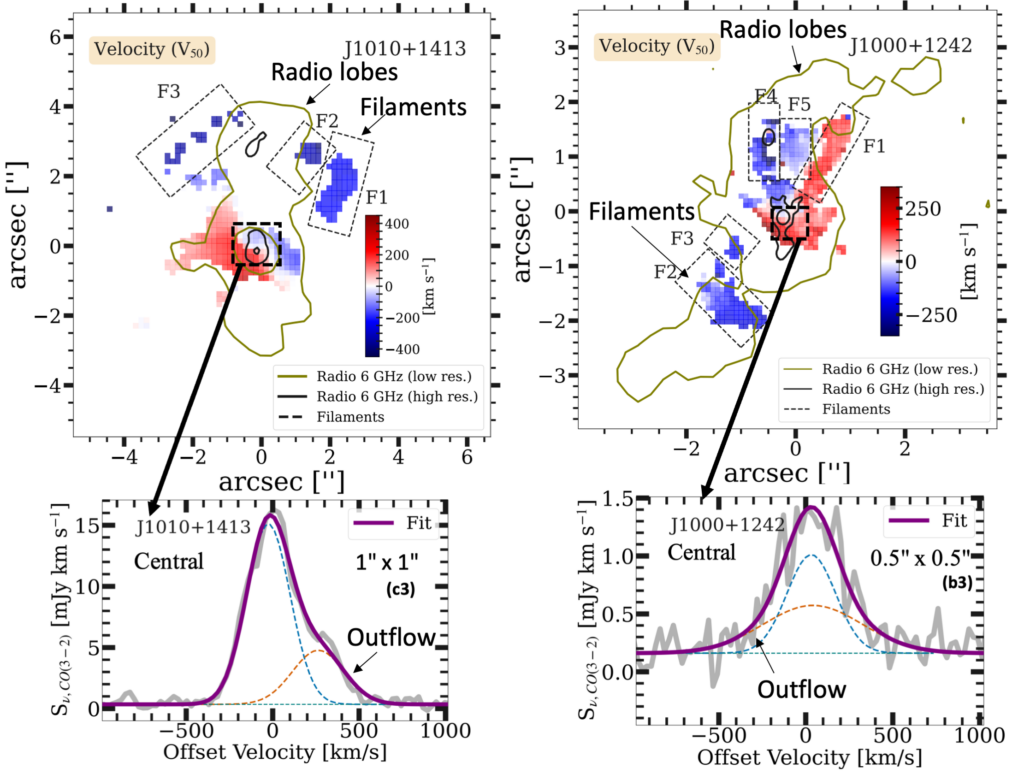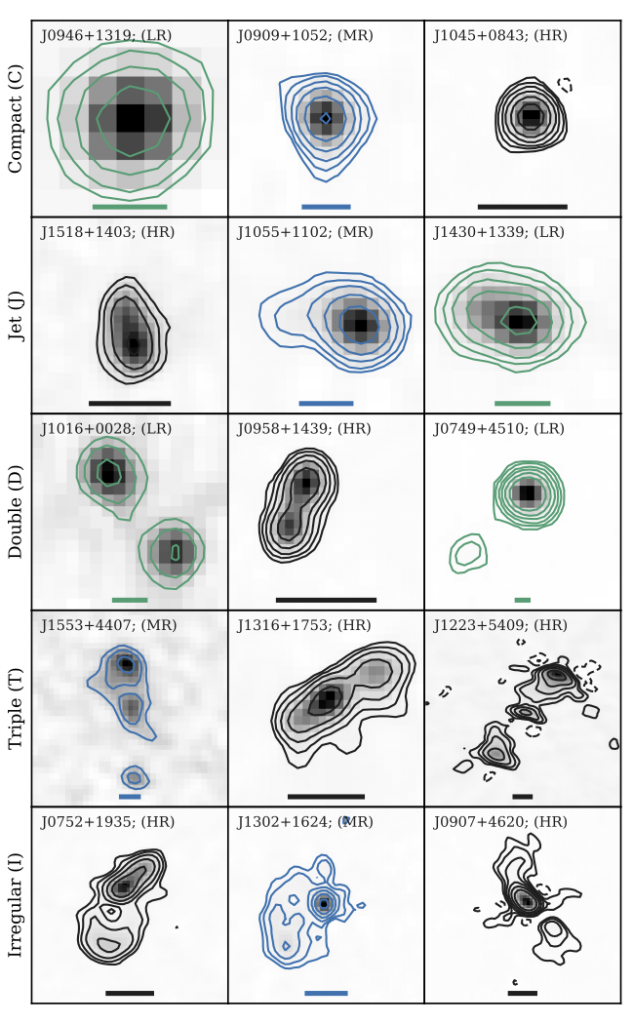
This is the final call for registration of interest to participate in the conference AGN across continents and cosmic time, hosted at Durham and Newcastle University. The conference is limited to 80 people and you must register your interest by 30 Nov to be considered for participation. Visit: www.agnacrosscontinents.org
This scientific workshop will explore current understanding of AGN populations, with a particular focus on current and future observational surveys. The primary scientific questions to be addressed are:
- How can we establish a complete census of black hole growth across cosmic time (including the highest redshift AGN) and what does this tell us about how and when supermassive black holes form and grow?
- What can multi-wavelength surveys tell us about different physical components of AGN and what implications does this have for a standard/unified model or evolutionary model of AGN?
- What are the properties of the host galaxies of different AGN populations and what does this tell us about how galaxies and AGN influence each other?
- What are the different data, observational techniques, and analysis methods we need to accelerate progress in answering these questions over the coming decade?
The scope of this workshop covers observational and theoretical work across the full wavelength range that tackle these scientific questions. We anticipate a strong showcase of work that is of strong interest to both the European and African communities. For example, results from SKA pathfinder telescopes such as LOFAR, e-MERLIN, JVLA, and MeerKAT, in addition to telescopes such SALT in South Africa and H.E.S.S. in Namibia. Whilst the focus is on European-African collaboration, scientists from everywhere are welcome to participate.
Confirmed invited speakers: Marie Korsaga; Anna Scaife; Ryan Hickox; Sthabile Kolwa
The workshop will be limited to around 80 participants. Presentation selection will be based on the quality of abstract submissions for talks or posters, and/or their alignment to the focus of the meeting. We will also consider demographics to ensure participation from a wide range of applicants.
Application Form (participation, abstract submission and for financial support):
You MUST fill out this form to be considered for attendance.
https://www.agnacrosscontinents.org/attendance-application-form
Deadline: 30th November 2023
Workshop Dates: 8th – 12th July 2024
Location: Durham University & Newcastle University (United Kingdom)
Website: www.agnacrosscontinents.org
Costs and Financial Support
The anticipated conference fee is around £300 (details to be confirmed later). We have a substantial (but finite) budget to support scientists coming to the workshop, with a priority to those from Africa and those who do not have their own funds. This could cover, up to and including all travel and accommodation costs, plus registration fee waiver. Preference for financial support will be given to those most in need, and to early career researchers. Applicants should indicate in their form, the level of financial support they would require to attend the workshop (e.g., travel, accommodation, fee waiver, complete costs, etc.).
Applications (deadline 30th November)
The mandatory form is to be completed by anybody interested in attending the workshop AGN Across Continents in Durham in July 2024 (even if not submitting an abstract). This form will be used by the Scientific Organising Committee to select participants. It will also be used as an application for any requests for financial support to attend the workshop (details below). Applications for financial support are required at this stage, to ensure we can distribute the limited funds in the most effective and fair way. For more practical information, including options for financial support and key dates, please visit the website: www.agnacrosscontinents.org.


